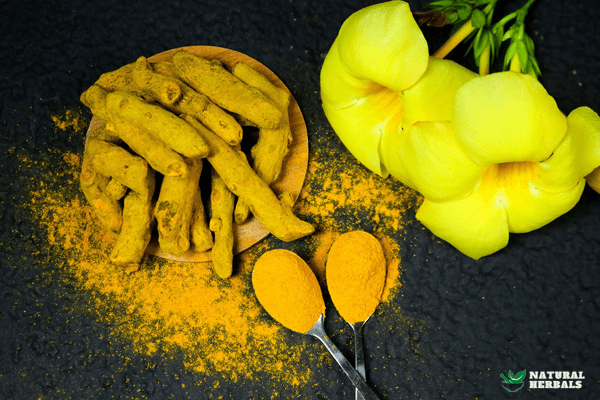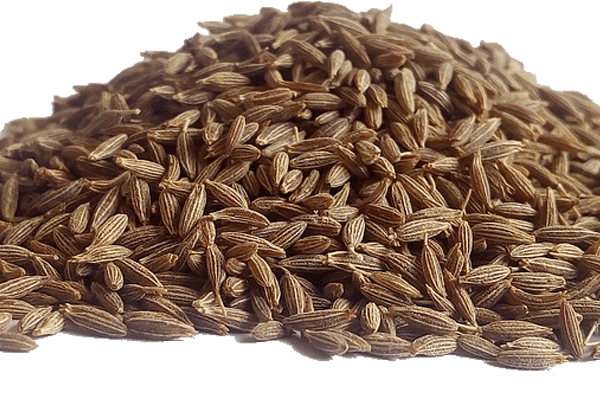
Ayurveda is a system of natural medicine that originated in India more than 3,000 years ago. The word Ayurveda comes from the Sanskrit words Ayur (life) and Veda (science). Ayurveda can be translated as “knowledge of life” in English. Considering that disease is the result of an imbalance or stress in a person's consciousness, Ayurveda suggests certain lifestyle interventions and natural therapies to restore balance to the body, mind, spirit, and the environment.
The Ayurvedic diet is a nutritional method and a whole philosophy of life, thanks to which you learn to lead healthier habits and a diet composed of natural foods, which are suited to your constitution and personal process.
At NaturalHerbals we never tire of teaching you new eating styles so that you have all the information you need. If you have any doubts, our nutritionists and endocrinologists can help you. We want you to choose rigorously and learn to eat well. Haven't you registered yet?
Principles of Ayurvedic Nutrition
Ayurvedic cooking is based on the five elements of which we are composed: water, fire, earth, air, and ether. A personalized diet is designed according to the “dosha” of each person, that is, their physical constitution, their character, and their predominant element.
Ayurveda distinguishes three types of people
Pitta. Their element is fire and they are medium-sized people, with genius, enterprising, with blond hair and light skin, who hate the sun. For this type of people, cold foods are recommended, of sweet flavor, astringent, and with few spices. Asparagus, broccoli, green leafy vegetables, pumpkin, apple, pear, chickpeas, zucchini, and olive oil go very well.
Vata. Their element is air. They are thin people, of light constitution, enthusiastic, quick, and imaginative. The recommended foods are nutritious foods, cooked, temperate, and a little seasoned. Dairy products, chicken, turkey, fish, fruits, such as oranges, bananas, or apricots.
Kapha. Their elements are earth and air. Strong, firm, calm, and relaxed, with a tendency to put on weight. Their food should be light, warm, dry, spicy, bitter, and astringent. All kinds of vegetables, white and green, eggplants, lettuce, cauliflower, potatoes, legumes, ginger. Few dairy products and a little salt.
The Ayurveda test is a test of about 35 questions that determines your predominant dosha so that you know which one to compensate for and what your diet should be like.
For this diet to be successful, it is recommended to follow certain schedules and not prohibit foods. Simply favor some more than others. Harmful foods will be restricted, which are the same in all diets, such as foods rich in fats, saturated fats, excess sugar, sauces, salt, and alcohol.
A few steps must be followed in every Ayurvedic diet:
- Wash hands before eating.
- Eating in a clean and pleasant place.
- Chew slowly.
- Being slightly dissatisfied.
- Never drink cold water, but lukewarm and better between meals.
- Brushing teeth after eating.
- Take a nap.
- Do not eat at times of emotional disturbance.
Quick Ayurveda Recipes
Detoxifying juice: Mix the juice of one orange, one lemon, three tablespoons of aloe vera juice, three tablespoons of brewer's yeast, and three tablespoons of sap syrup.
Chard with almonds: Clean the chard and separate the stalks. Boil the leaves in salted water and cut the stalks into strips before boiling them for 45 minutes with salt and lemon. Meanwhile, fry some garlic with some almonds. Crush in a mortar and add flour. Add the mashed mixture to the boiling cobs and leave for 10 minutes. Put on the plate first the stalks and on top the leaves.
Wheat with toasted seeds: Rinse a cup of wheat and let it soak for 12 hours. Heat olive oil in a frying pan and pour the drained wheat, with a little cumin and toasted sesame or sunflower seeds. Add a little water and stir.
Ayurvedic Cooking
Cooking is the art of preparing food. It is the process of selecting, measuring, and combining different ingredients in an orderly procedure, in an effort to achieve the desired result.
Ayurveda is a holistic science that emphasizes the healing of body, mind, and spirit through diet, lifestyle, herbal medicines, and revitalization therapies. Thus, when we talk about Ayurvedic cooking we are talking about a cooking method in which various ingredients are combined to prepare food that ensures optimal health of the body, mind, and soul.
Food plays an important role in our health and fitness. According to this holistic system, cooking is not only about using appetizing food and making tasty dishes for the palate. According to this health science, cooking is the key to continued good health.

I am an official member of International Association of Therapists and research natural healing methods and herbs. The posts are my findings.




